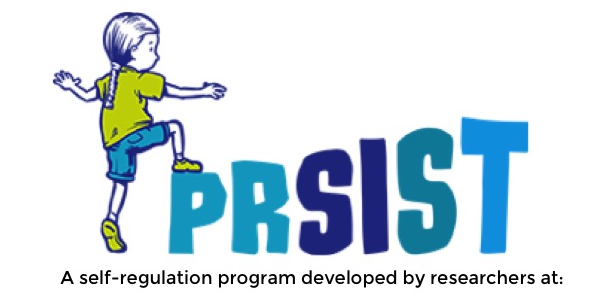
Holding Fast
What to do: Prior to meal time (e.g., lunch), tell the children that you would like everyone to hold off eating until all children have their food, so they can thank the cook all together. Have the children serve themselves (or serve the children) one at a time, and then wait until everyone has been served. Once everyone has their meal, lead a thank you to the cook from the children prior to commencing eating. If children bring their own meal, you can have the children all wait while they open their first food item and take turns telling the group what their food item is, before eating. No one should start eating until everyone has shared with the group.
Too easy? How to increase challenge: You can emphasise how enticing the food is by having children sniff their food, talk about which part they are most excited to eat, etc. The process of description and careful observation (in this case, of food) is an important component of scientific thinking. Even harder? You can also have children wait to get up from the table (e.g., before they carry out an assigned duty), as this is often even more difficult. In all cases, stress the importance of waiting and congratulate children on how well they are doing.
Ideal formation(s): Large group or small group.
What it does: This activity challenges children’s ability to resist the impulse to eat as soon as the food is in front of them. It also helps to place essential emphasis on lunchtime for social-emotional development (to interact, converse, share) and self-regulation (to wait, be polite and respectful, consider and help others).
Links to EYLF:
- Use effective routines to help make predicted transitions smoothly; Openly express their feelings and ideas in their interactions with others (from Outcome 1.1)
- Demonstrate increasing awareness of the needs and rights of others; Demonstrate an increasing capacity for self-regulation; (from Outcome 1.2)
- Show interest in other children and being part of a group (from Outcome 1.4)
- Cooperate with others and negotiate roles and relationships in play episodes and group experiences (from Outcome 2.1)
- Show an increasing capacity to understand, self-regulate and manage their emotions in ways that reflect the feelings and needs of others; Remain accessible to others at times of distress, confusion and frustration (from Outcome 3.1)
- Show increasing independence and competence in personal hygiene, care and safety for themselves and others (from Outcome 3.2)
- Persist even when they find a task difficult (from Outcome 4.1)
- Express ideas and feelings and understand and respect the perspectives of others (from Outcome 5.1)




